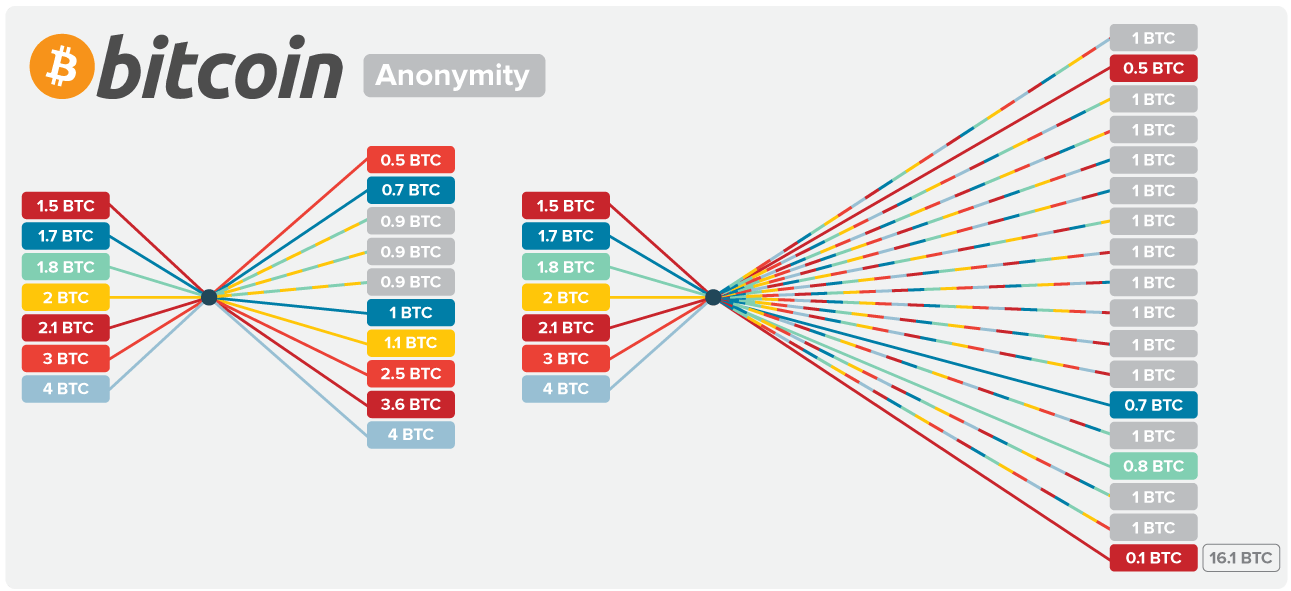There has been a lot of talk about cryptocurrencies in Nigeria over the last few years but this rave has now taken an unprecedented turn. Apparently, it isn’t only the tech community that has an interest in cryptos. Criminals too are starting to explore its uses, precisely kidnappers.
A recent news report shows that the daughter of a politician in Adamawa state was abducted by gunmen in Abuja on Saturday and released on Sunday. The victim’s release was reportedly secured after a crypto-ransom of $15,000 worth of bitcoins was paid.
This news is quite alarming but, of course, did not start in Nigeria. An earlier case was reported in Costa Rica, where a man was abducted with a demand for USD 500,000 worth of Bitcoin as ransom. And since then, there have been several such reports including that of a 13-year-old South African boy who was abducted last year by unknown men demanding a $120,000 ransom in Bitcoin.
The demand for crypto-ransoms is a growing global problem. And mostly, it is favoured in countries where legislation over Bitcoin and other cryptocurrencies hardly exist, such as Nigeria.
Despite the surge in cryptocurrency transactions, there has been no legislation to govern it. But the Central Bank of Nigeria (CBN) and the Securities Exchange Commission (SEC) have both given warnings to the public about investing in cryptocurrencies.
Such loopholes give crypto-ransom demanders the feeling that they can operate anonymously without observation. And to a large extent, they are correct.
The beauty of the cryptocurrency is privacy. Crytos like Bitcoins (BTC) are held in a digital address, and since you do not need a physical identity (unlike traditional banks), save a private key to open one and access your funds, people won’t know who you are.


A person can also own multiple addresses and there would be nothing to link those addresses together or point to the owner.
But it’s not exactly as anonymous as you think.
Bitcoin is in fact ‘pseudo-anonymous’. It is based on an open, transparent bitcoin blockchain network. This means every transaction is logged into the blockchain – which is a public ledger. So, someone who knows your address can see your entire transaction history.
While a digital identity is hidden, users at some point will need to convert their cryptocurrency into fiat currency (Naira, Dollar, Euro, Pounds…). This is when their identities are revealed as law enforcement have a chance to trail the transaction back to the abductors.
Now, with this first reported case in Nigeria, it is safe to say there may be more criminals planning to try out that option in the future.
If this is the case, then its time for the government and law enforcement agencies step in it would seem. The government needs to brace up for more crypto-ransom cases and do more to familiarise themselves with the cryptocurrency system and how to navigate it.
This, hopefully, will give birth to laws and regulations that will arm law enforcement to combat such crimes. This will also include the use of new tools and techniques to identify wallets that are linked to criminal activity.






